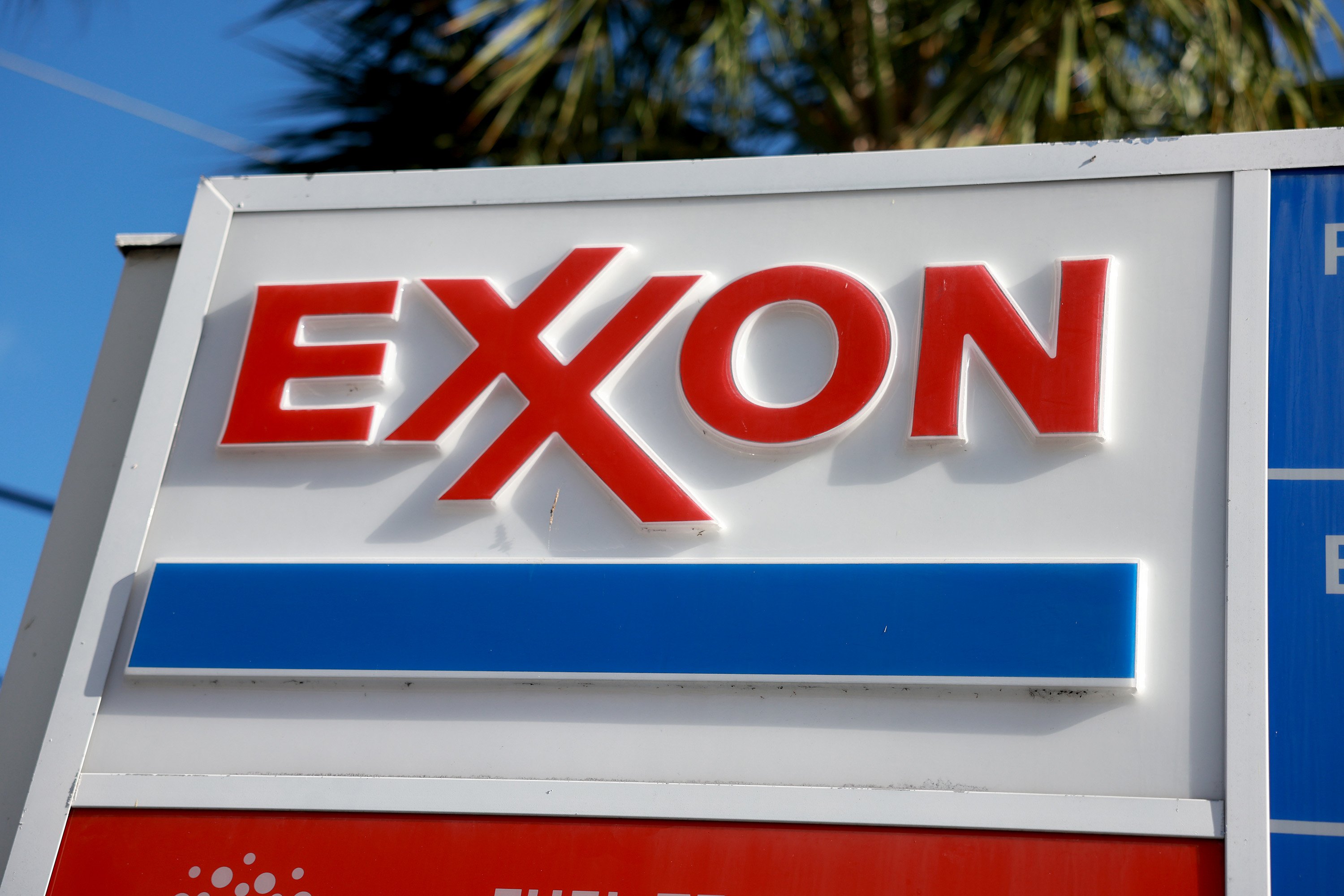If you are looking at ExxonMobil (XOM +0.39%) you are probably also considering Chevron (CVX +0.57%). And if you are considering Chevron you are also probably looking at ExxonMobil. That's because, in some ways, the two stocks can be viewed as interchangeable. But there are differences, especially right now. Here's why you might want to buy one of these integrated energy giants over the other.
What do ExxonMobil and Chevron do?
From a big picture perspective, Exxon and Chevron are direct competitors. They both operate using the integrated energy model, which means they have exposure to the entire energy value chain. So they produce oil and natural gas, transport these fuels over pipelines, and process the commodities in their chemical and refining plants. Both also have large networks of gas stations that they supply.

Image source: Getty Images.
Having exposure across the industry helps mitigate the impact of the frequent, and often dramatic, price swings in oil and natural gas. Notably, the upstream (production) tends to suffer when oil prices are low while the downstream (chemicals and refining) can benefit because oil is a key input. The midstream (pipelines) are generally consistent cash-flow generators throughout the energy cycle.
Another feature Exxon and Chevron share is rock-solid balance sheets. At the end of the first quarter of 2025, Exxon's debt-to-equity ratio was around 0.15 times while Chevron's was roughly 0.2 times, both of which would be strong for any company. What's important for these two integrated energy giants, however, is that they have ample room to add leverage to support their businesses, and dividends, through an industry downturn.
The best example of the resilience of the business model employed by both Exxon and Chevron is their impressive dividend histories. Exxon has increased its dividend annually for 43 consecutive years. Chevron's streak is up to 38 years. Given the volatility of the energy sector, these two companies clearly stand out from the pack.
XOM Dividend Per Share (Annual) data by YCharts
Buy Exxon or Chevron today?
You probably wouldn't be making a mistake if you bought either one of these industry-leading stocks. But there are differences that could sway you one way or the other. For example, Exxon's dividend yield is roughly 3.8% today while Chevron's yield is a much higher 5%. If you are focused entirely on yield, Chevron will be the clear winner.

NYSE: XOM
Key Data Points
But if you are a conservative dividend investor you might want to step back and examine why the yields are so different. Simply put, Exxon is doing relatively well today while Chevron is facing a couple of notable headwinds. Every investment comes with trade-offs, but Chevron has more trade-offs to accept right now and, thus, has a higher yield to compensate investors for the added risks.
The two big issues facing Chevron are its proposed merger with Hess and its Venezuelan operations. On the merger front, Hess is partnered with Exxon in a key development project. Exxon is, essentially, fighting the merger. It isn't clear how the chips will fall just yet so investors are skittish. That said, Chevron is an industry giant and if the Hess deal doesn't materialize as expected, it will eventually just find another competitor to swallow up.

NYSE: CVX
Key Data Points
More difficult to grapple with is Venezuela. Chevron's business in that country has turned into a political hot potato. A bad outcome would be a hit to Chevron's top and bottom lines. A good outcome would mean maintaining the status quo. But either way, Venezuela is just one piece of the business. Chevron will survive regardless of the politically-driven outcome. And, thus, for more aggressive dividend investors, Chevron's higher yield could end up being the better option.
Remember that energy is volatile
Exxon and Chevron are both well-run companies that are good choices throughout the energy cycle. But it is important to remember that the energy cycle exists, with energy downturns usually the best time to buy either one of these energy industry giants. Energy prices are, in fact, relatively weak right now, so it could be a good time to consider jumping aboard either one of these stocks.
But make sure you recognize the differences between them, since Exxon will be better for more conservative types while Chevron will be more appropriate for income investors willing to take on some added risk for additional yield.






